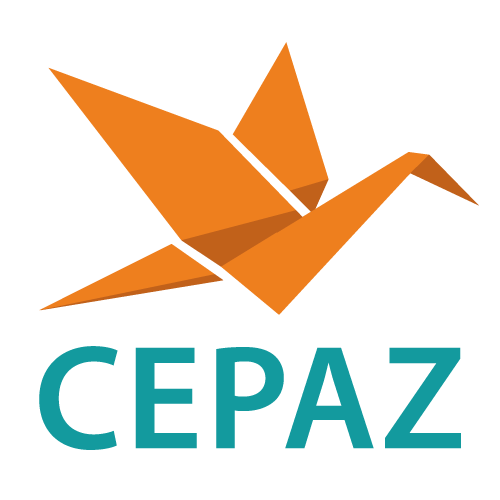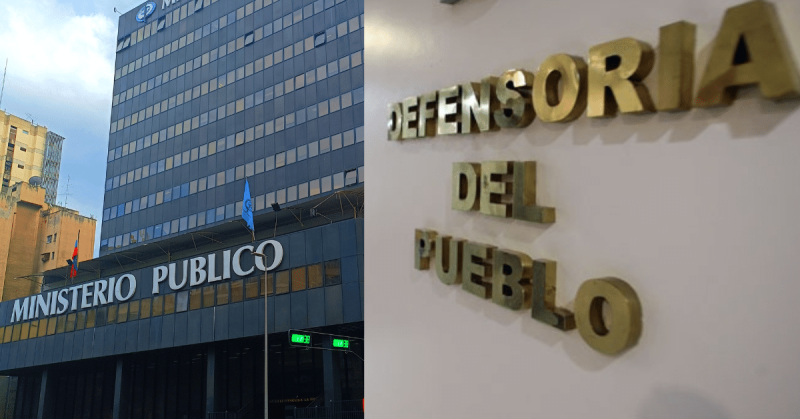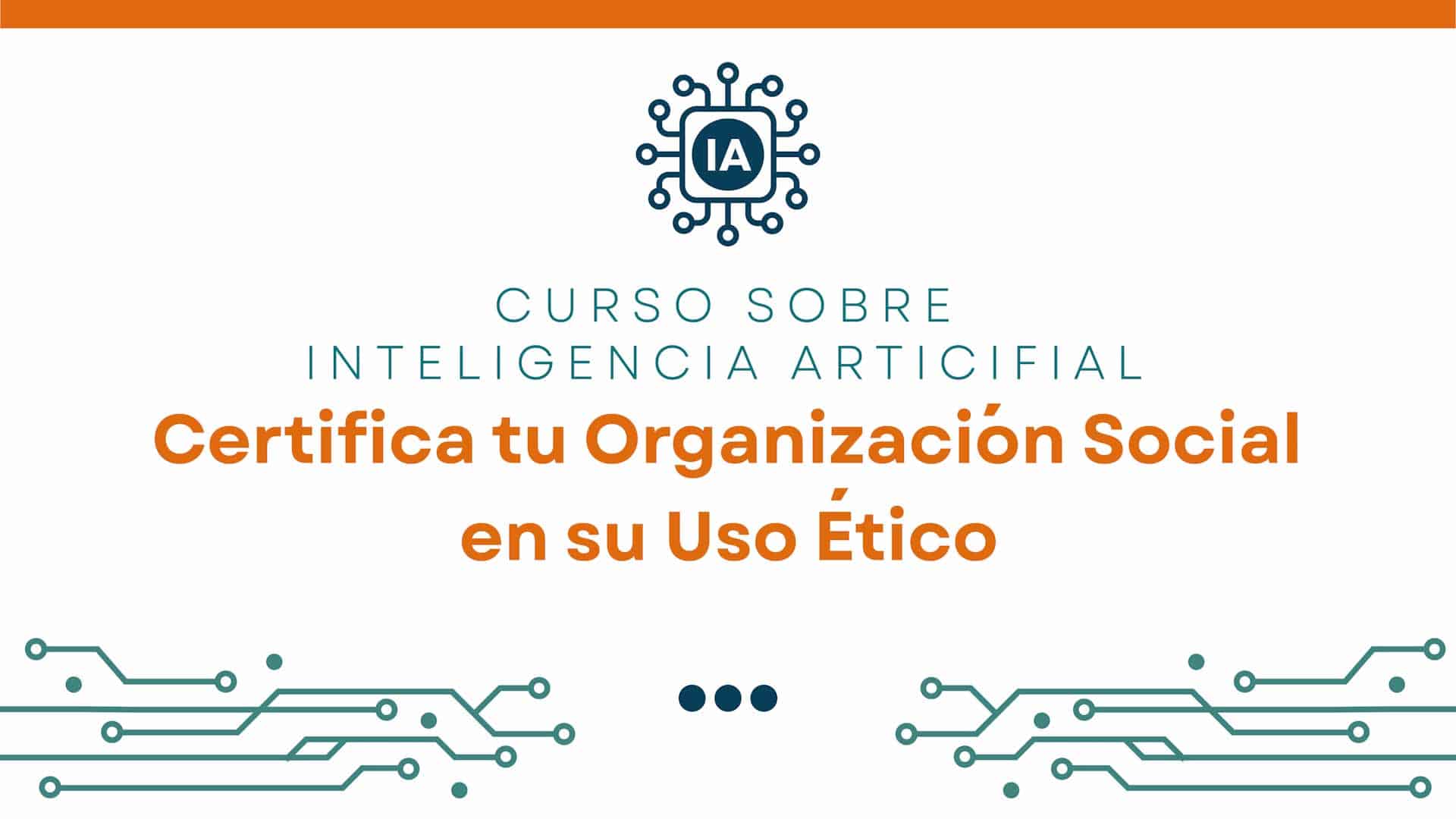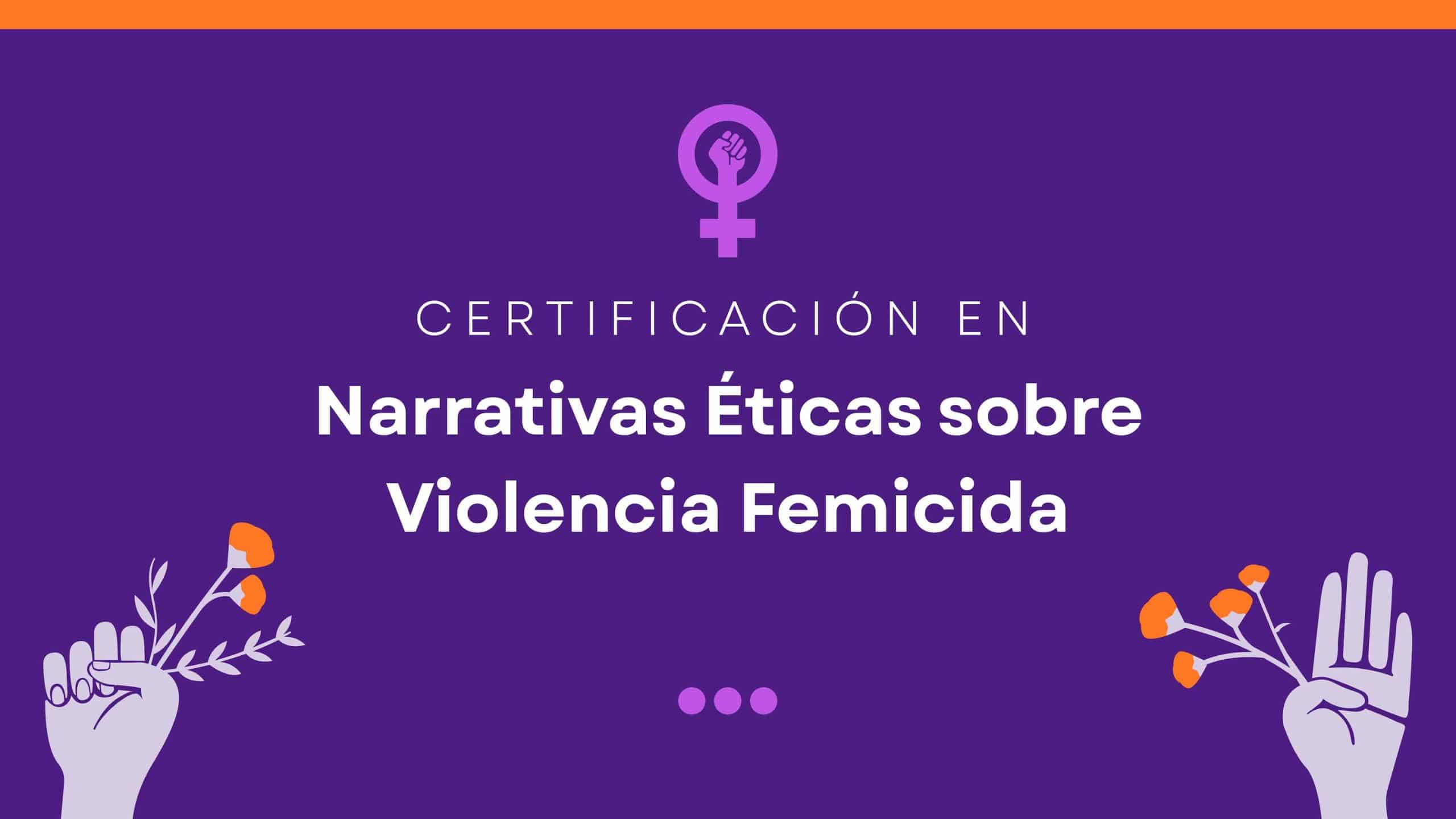Concerning the electoral event called by the National Electoral Council (CNE) and held on December 6th, the Center for Justice and Peace (Cepaz) together with the Global Observatory of Communication and Democracy (OGCD) and Voto Joven, organizations allied to the Citizen Electoral Network (REC), we have all carried out the monitoring and follow-up of the previous stage of the electoral event, which is widely documented in the Pre-electoral Parliamentary Venezuelan Elections 2020 report.
Through this documentation process, we have recorded the profound irregularities under which the pre-electoral process has developed, which constitute a clear violation of the political rights of Venezuelans and other human rights that are essential for the exercise of the vote.
In this sense, we highlight the main incidents of the pre-electoral phase:
- The appointment of electoral authorities through the arbitrary use of public powers. On this occasion, the Supreme Court of Justice (TSJ), through its Constitutional Chamber, has appointed the members of the National Electoral Council, a function that also corresponds to the legitimate National Assembly that has been elected by the population through direct vote. However, the Supreme Court, making use of the figure of legislative omission, has taken this function from the competent body. (See Chapter I. The legal framework)
- Expedited voter registration process. The process of registration and updating of the voter data was carried out in extremely short periods and without considering the population density, the established points were only few. (See Chapter III, the electoral registry)
- Electoral schedule with numerous modifications. In many cases these modifications were not even communicated or reported in a timely manner. (See Chapter V: Planning and Implementation of Elections)
- Arbitrary and unconstitutional increase in the number of deputies to be elected. In Venezuela there is a parallel electoral system in which 72 deputies are elected in territorial representation, 3 for each of the 24 federal entities, and 3 for representation of indigenous peoples. Additionally, by proportional representation a number of deputies is chosen that is derived from the population base contemplated in Article 186 of the Constitution (1% of the population of the entire country). Therefore, the number of deputies could only increase if the population increased, all based on the projection made by the National Institute of Statistics (INE), so an increase of 66% of deputies to be elected is not justified ( increase of 110 seats), particularly in a migratory context like the one that exists in Venezuela. (See Chapter I, 2 section on the electoral system designed for the 2020 parliamentary elections)
- Violation of the right to direct vote of the indigenous community: In breaching of the constitutional principles of direct, free and secret voting, a new regulation is promulgated that establishes the election of indigenous representation three days after the holding of the elections. Which would become, de facto, in a second-degree election, since it is delegated to an assembly vote. (See Chapter I, 3: section on indigenous representation)
- Persecution and intervention in political parties and their members. Again, making arbitrary use of public powers, through different sentences and decisions, nine organizations intervened for political purposes, including those that had not identified with the opposition but had decided to nominate their own candidates (these political organization: Acción Democrática, Movimiento Primero Justicia, Voluntad Popular, Bandera Roja, Acción Ciudadana En Positivo, Movimiento Republicano, Patria para Todos, Compromiso País y Tupamaro). Through these decisions, new guidelines were appointed and they were allowed to use the electoral card, the logo, the symbols, the emblems, the colors and other identifying concepts. (See Chapter II: the political party system and pluralism)
Furthermore, the pattern of persecution against the political parties extended to the members of the organizations, through threats and stigmatization, arbitrary detentions, house searches, unjustified dismissals, disqualifications, among other schemes.
- Failure to comply with the norms regarding gender equality. A gender equality project is published shortly after the elections are held, all in breaching of Article 298 of the Constitution, which prohibits the reform of electoral laws within 6 months of the elections. Furthermore, from the review of the National Adjudication List published by the CNE, it was found that, of 26 political parties, only three met the equality criteria (El Cambio, Pro-citizens and UPP89) and none met the criteria of alternation. Some political organizations even presented candidacies with gender gaps that reached a difference of up to 30 percent. (See Chapter IV: Gender equality)
- Opacity regarding the new automated voting system: The departure from Venezuela of the company responsible for the automation of voting, Smartmatic, after denouncing serious irregularities in the elections of the members of the National Constituent Assembly of 2017, and the fire of the warehouse of the National Electoral Council, which occurred in March 2020, left Venezuelans in a panorama of mistrust and misinformation regarding the new automated voting system. The electoral referee did not provide clear information throughout the pre-electoral process on this system, the number of voting machines that would be available, the company responsible, the bidding data and costs, the details of the software, among other essential components that should be of public knowledge.
- Electoral campaign full of advantages, characterized by state financing, political proselytism, and its development in advance, contravening all the provisions of the timetable and current regulations that regulate the electoral campaign in Venezuela. Particularly noteworthy is the coercion of voters who in turn are beneficiaries of social assistance programs. Food, gas, water and even products from the UNICEF humanitarian program were part of the products distributed by the candidates of the ruling party during the proselytizing campaign. (See Chapter VI, The Proselytizing Campaign, Financing, and Electoral Advantage)
- Insufficient or lack of bio-sanitary protocols: Regarding the health emergency caused by the spread of covid-19, we highlight that guidance and bio-sanitary protocols were not followed, or measures were insufficient according to the international standards established for holding elections in this context. The consequences of this non-compliance can be very serious, particularly under the deteriorating conditions of the Venezuelan health system. (See Chapter IX: Elections and Covid-19: The Bio-Health Policies of the CNE)
The Citizen Oversight on December 6th. Main findings in the electoral process
With an abstention recognized by the National Electoral Council that reached almost 70% of the population, and that accounts for the irregularities that framed the process and that generated a deep mistrust in the citizenship in the Venezuelan electoral system, finally the electoral event was carried out and the PSUV, the main party of the regime, managed to obtain 253 seats, that is, they would occupy 91.34% of Parliament.
Cepaz, OGCD and Voto Joven, allied with the REC, strengthen their commitment to democracy and the plural and free exercise of citizen participation, despite not recognizing the electoral event of December 6th for not considering it authentic. We have actively participated in it through the complaint, documentation and dissemination of the main incidents of the electoral event. For this, there were 86 volunteers in 21 states of the country who exercised active citizen oversight. (See Venezueladocumenta.org)
At the end of the electoral process and with more than a thousand registrations processed thanks to the work of the REC volunteers, we highlight from the electoral day:
- Null voter turnout of 78.1%
- Irregularities in assisted voting by 25.7%
- Arbitrary migration of voting centers by 20.6%
- Lack of health protocols by 45.2%
- Party control points by 74.5%
- Mobilization of public resources by 40.4%
The development of the pre-electoral process, full of deep irregularities, already allowed by holding an electoral event that would in effect lack authenticity, transparency and fairness, and in no way represents the will of a population hard hit by a crisis, a policy that has plunged the country into an unprecedented humanitarian crisis.
The arbitrary and irregular form under which the entire electoral process was carried out, from its convocation, the process, until the arrival of the electoral event and its results, account for the suppression of popular sovereignty in Venezuela, and the capacity of the citizen to be part of the political affairs of the country. The undermining of the right to vote as a mechanism for alternation in power constitutes an aberrant violation of the political rights of Venezuelans.
The delays in the publication of results, the opacity in the distribution of seats and the irregularities in terms of migration in the voter registry (Nicolas Maduro on the day of the election), are only elements that demonstrate and ratify what has already been found in the pre-electoral phase, and reveals the lack of elementary conditions to guarantee competitiveness in an electoral event.
We emphasize that although this situation of constant irregularities and advantages in electoral processes is not new, and therefore constitutes a pattern applied by the regime to perpetuate itself in power, the parliamentary event dramatically aggravated the conditions, guarantees and public assurance in the electoral processes, so it is time to advance a route for the reconstruction of this right enshrined in our Constitution and in the universal charter of human rights.
Finally, from Cepaz and the REC we condemn the irregularities that have been committed in the development of the 2020 parliamentary electoral event, and we reiterate the position that we have maintained and that claims the vote as the peaceful and constitutional solution to the political crisis. The inclusion of the international community is fundamental in the forceful rejection of the Venezuelan crisis, but also in the reconstruction of the guarantees and electoral freedoms that finally allow the full exercise of the political rights of all Venezuelans, through the holding of elections, free, authentic and universal.







